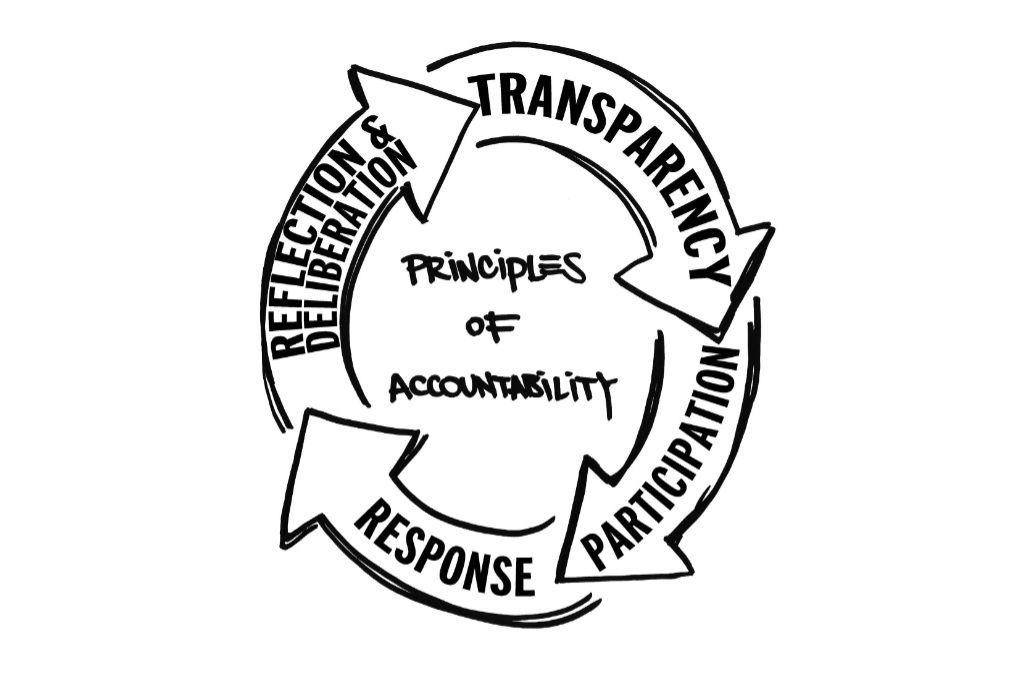completed
Civil Society: Mutual Accountability Project (CS:MAP)


Governance and development challenges are too big for any single agency to address. Government, citizens, and civil society must work together and engage in two-way conversations to co-create solutions. The proliferation of information and communication technology (ICT) allows us to practically implement this philosophy. Moreover, civil society organizations (CSOs) working to further public interest can also leverage these emerging ICT tools to make their efforts more fact-based and evidence-driven. However, while there is growing ICT literacy and penetration, governments and civil society organizations are not able to efficiently channel it into practical use - hence resulting in stunted government transparency, limited public participation and stifled government-citizen collaboration.
In order to leverage growing ICT literacy and digital penetration to further public interest and government-citizen engagement, our solution was three pronged:
- We conducted ethnographic research on the current tech capabilities of select Civil Society Organizations (CS: MAP partners), their ICT needs and possible points of tech intervention which could help them in their cause of furthering public interest. These CSOs were spread across 35 districts of Nepal.
- Based on the findings of (1), we conceptualized, developed, tested and deployed appropriate ICT tools and platforms for the Civil Society Organizations. We also trained them on using and maintaining these systems as part of our mentorship program so that these tools remain relevant beyond the immediate life of the project.
- To foster government-citizen collaboration on matters of local governance, we made the annual plans and the budget of two local governments (one Sub-Metropolitan City and one Municipality) publicly open through easily comprehensible maps and infographics. In addition, we deployed complementary ICT tools that facilitated two-way communication between the citizens and the local government - thus enabling both parties to plan, discuss, deliberate and take informed actions on matters of local governance.
Consequently, we created 3 tools:
- Sajha Sabha - An ICT suite (web and mobile apps) that is used by citizens to report hyper-local issues in their locality. This tool also helped the CSOs document and publicly share the works they did at the grass-root levels to solve the citizens’ issues.
- OLGDS (Open Local Government Digital Systems) - An ICT suite (web and mobile apps) built on the principles of Open Government Partnership. OLGDS were used in Nepalgunj Sub-Metropolitan City in Western Nepal, and in Neelakantha Municipality in Central Nepal. This system enabled the local governments to send important information like its budget, annual plans and policies, citizen charters, services, etc. right into citizens’ hands; whereas, it also enabled the citizens to comment, critique and suggest their local governments on the same.
- Training conducted for 60 people from 14 CSOs on upgrading their ICT skills and knowledge through 5 cluster trainings in Kathmandu, Dang, Nepalgunj, Butwal and Dolakha.
Our Partners
Tags
Subscribe to our Newsletter
Contact Details
1474 Lamtangin Marg, Chundevi
+977-1-4720136
contact@kathmandulivinglabs.org

Copyright 2023. Kathmandu Living Labs. All Rights Reserved
